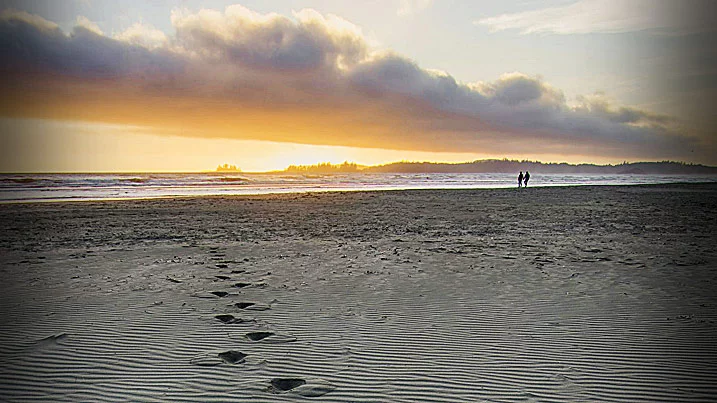Walking with God – Day 20


Walking with God in power: Elijah
Se(di)ngolwa (t)sa Bibele
JAKOBO 5
Drought is the one thing that grabs everybody’s attention. It happens slowly and relentlessly, and affects each person in the same way, as water grows increasingly scarce and the sky is cloudless. Water is vital for physical life, just as the word of God is vital for spiritual life. To be deprived of either over time, without reprieve, means certain death, physically or spiritually. This was what Israel was facing during the time of Elijah. The northern kingdom was spiritually impoverished as a result of the rebellious kings who served idols, which led to everyone becoming hardened to God’s law.
The mention of Elijah immediately brings to mind the power of God personified through amazing deeds (1 Kings 17:14,22; 18:46). He was passionate about his mission, he could see the truth clearly and was bold to speak on behalf of the LORD. He confronted Ahab, the king, and warned the people convincingly by his actions. Understandably, he was considered the most famous and dramatic of the prophets God sent to bring His word to Israel.
Elijah had prayed that it would not rain “in the next few years” (1 Kings 17:1), to graphically show the people the dryness of their spirits and to help them to see the seriousness of their spiritual situation. It did not rain for three and a half years. He had then called a contest in which the prophets of Baal would pray for Baal to consume their sacrifice, which clearly he could not, and then for him to call on the LORD to consume his (1 Kings 18:16-41). We can imagine the anticipation.
“At the time of the sacrifice, the prophet Elijah stepped forward and prayed: ‘O LORD, God of Abraham, Isaac and Israel, let it be known today that you are God in Israel and that I am your servant and have done all these things at your command. Answer me, O LORD, answer me, so that these people will know that you, O LORD, are God, and that you are turning their hearts back again.’ Then the fire of the LORD fell and burned up the sacrifice, the wood, the stones and the soil, and also licked up the water in the trench” (1 Kings 18:36-38). The people immediately “fell prostrate and cried, ‘The LORD- he is God!’” (1 Kings 18:39). At this point, Elijah had the four hundred and fifty prophets of Baal killed.
Killing the prophets of Baal and the Israelites’ acclaim of God as the one true God, effectively caused the breaking of the drought. The public failure of Baal to ignite the sacrifice compared with God’s magnificent show of power, as he sent fire from heaven to consume a sodden altar and all the things around it, made the people see the truth through Elijah’s obedience.

